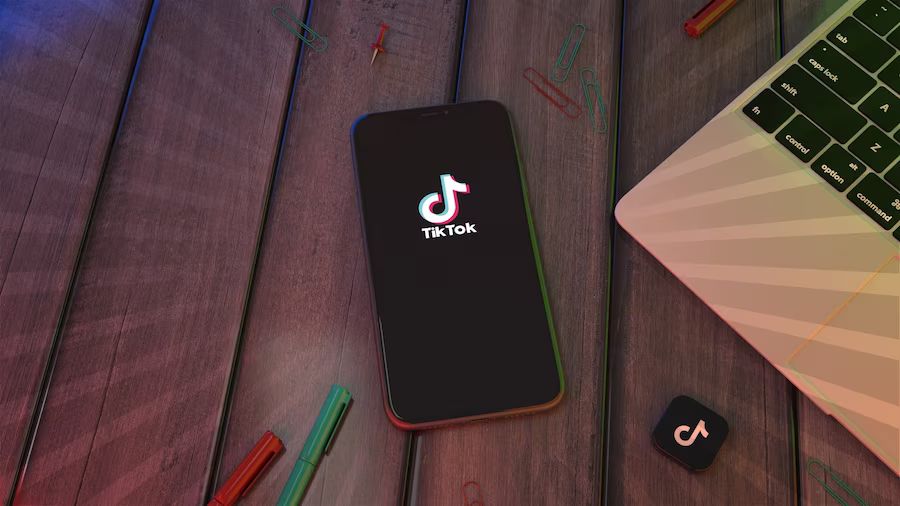TikTok was one of the hottest social media trends of 2019, quickly taking off as one of the most widely-used short-form video apps around. Millions used TikTok worldwide to create and share videos using it; yet more recently its popularity appears to have declined and it no longer seems as popular among users compared to when it first hit the scene in 2019. In this article we will investigate why this may be and explore its future prospects.
The Rise Of TikTok

TikTok was initially released as Douyin in China in 2016, before globally expanding as TikTok in 2018. It allows users to create short-form videos ranging from 15-60 seconds in length that they share on the platform with others – this may range from dance routines, comedy skits or lip syncs set to music or voiceover. TikTok uses an algorithm which recommends videos based on users’ interests as well as following other users and engaging with their content.
TikTok’s success can be attributed to several factors. First and foremost is its algorithm which effectively recommends content that keeps users engaged and returning for more. Second is its user-friendly editing tools which enable even newcomers to produce polished videos with professional-looking effects. Thirdly is TikTok’s culture and sense of community which promotes participation from its members – featuring challenges, trends and hashtags unique to itself which users can engage with and take part in.
Why TikTok’s Popularity Has Declined

TikTok was once a major social media trend, yet its popularity has begun to decrease in recent months for several reasons. Concerns over data privacy and security may have contributed to this; for instance in 2020 it was banned in India as well as facing possible bans here due to fears that user data was being shared with Chinese authorities; these bans were eventually lifted, yet many users still feel uneasy using this app.
Second, competition in short-form video is increasing rapidly. Instagram introduced Reels in 2020 while YouTube recently debuted Shorts; both platforms offer established user bases and advertising networks that make monetization of creator content simpler – thus dispersing content creators who previously focused solely on TikTok across multiple platforms, weakening its influence.
TikTok users have expressed a sense of fatigue due to the app becoming repetitive and predictable, with its trends and challenges having become repetitive over time, making it hard for creators to create something truly original that stands out. This has resulted in some leaving TikTok altogether as they feel bored by its predictable patterns.
What The Future Holds For TikTok
TikTok may no longer be the top social media trend, but that doesn’t mean its demise is inevitable. The app still has a substantial and committed user base – particularly among younger users – and its algorithm remains highly effective at suggesting content that users will appreciate. Moreover, TikTok has invested heavily in new features and initiatives which may help it remain engaging for users.
TikTok for Business, which allows advertisers to create and run ads on the platform, could make TikTok more profitable while drawing in more creators who want to monetize their content. Furthermore, TikTok has been experimenting with live streaming videos as a means of keeping users engaged with its app.
TikTok can capitalize on its global reach to its advantage. Although some countries may be struggling to adopt TikTok, Asia remains an immensely popular region where this app remains hugely popular; App Annie data indicates this fact by ranking TikTok the most downloaded app worldwide with over 850 million downloads that year alone! As such, this means it has great potential to keep growing and adapting according to user needs across regions.
TikTok may encounter challenges in its relationship with regulators in the future. With data privacy and security issues garnering increased scrutiny in various countries, this may result in tighter regulations making operation of TikTok more challenging. Furthermore, concerns have been expressed over short-form video apps’ impact on mental health – particularly among younger users – which could prompt calls for stricter regulations or even bans against this app in certain nations.
Conclusion
TikTok rose quickly and unexpectedly to fame before rapidly declining as quickly. Due to security and data privacy concerns, increased competition in short-form video streaming, and feelings of stagnation among certain users – TikTok has lost much of its luster since becoming widely popular; but it would be wrong to write off the app altogether just yet.
TikTok remains popular and invested in new features and initiatives that may keep it engaging for users, while its global reach means it could adapt to meet users’ needs in different regions. Time will tell whether TikTok remains an influential part of social media or fades into obscurity; either way it has already fallen out of favour with users and now only remains as an afterthought trend.
Also Read : Elon Musk Appears To Be Purchasing Twitter After Months Of Anticipation
